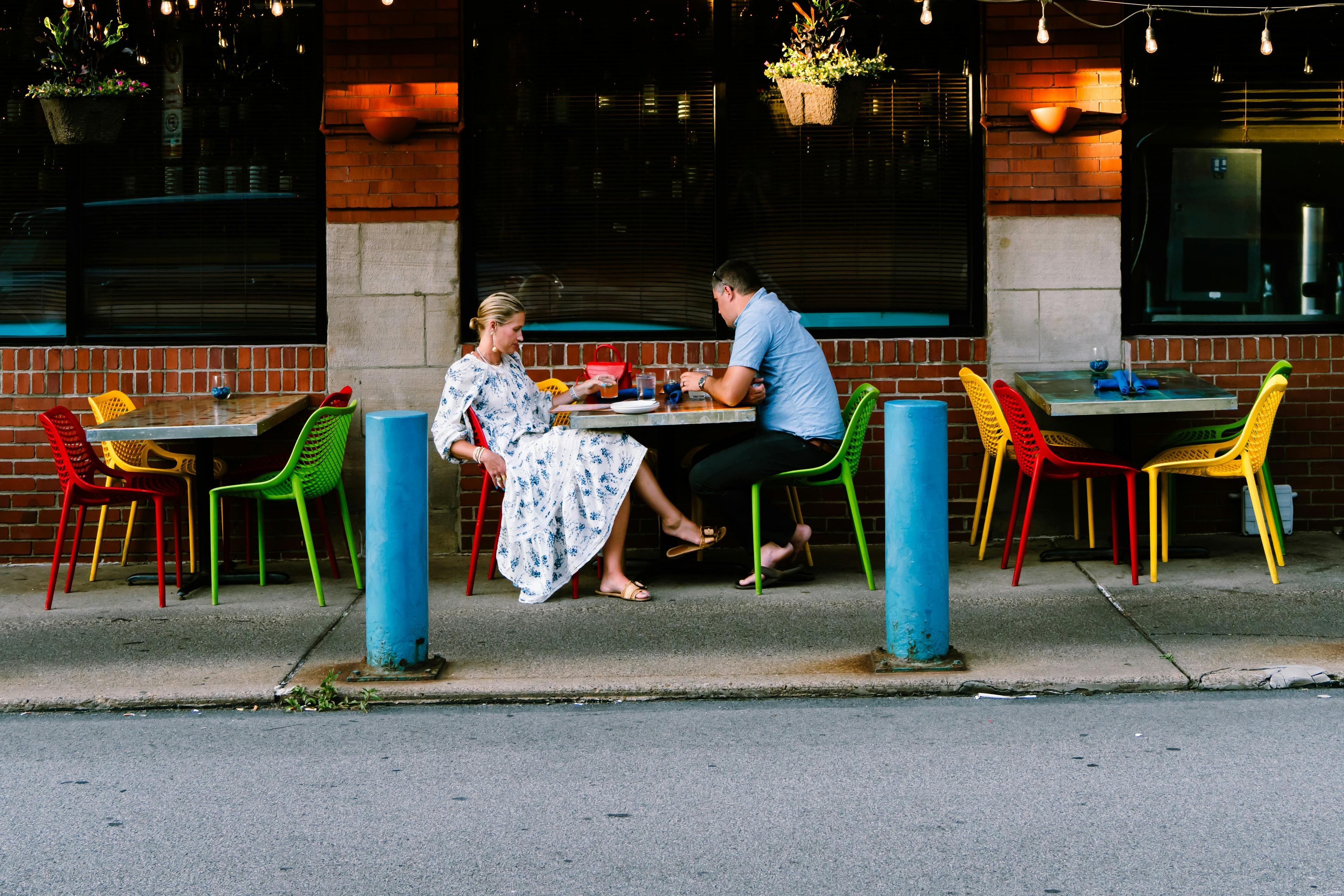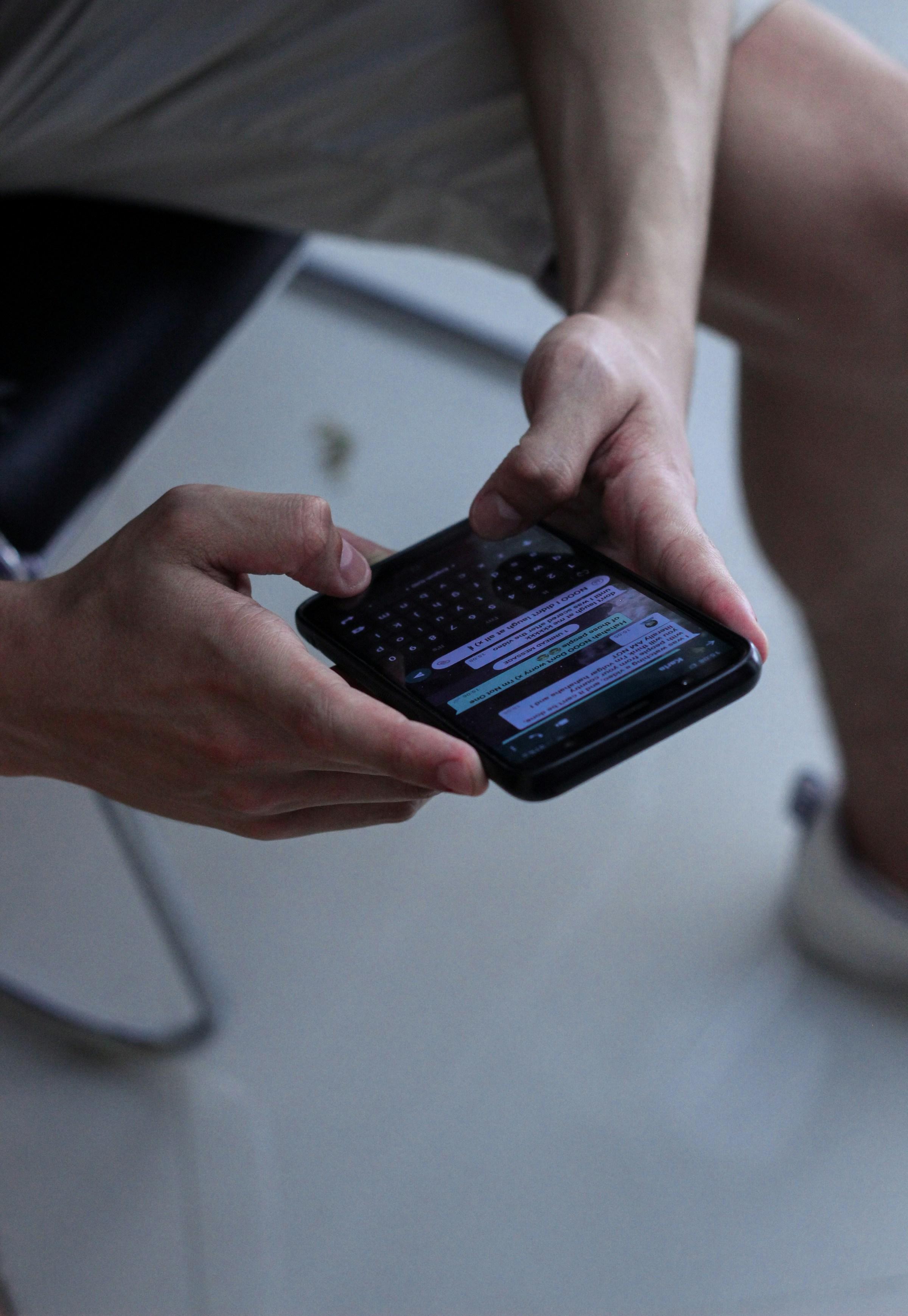Clearer thinking often begins with the spaces we inhabit and the rituals we repeat inside them. A quiet morning, a tidy counter, a glass of water that catches the light, a window opened just enough for fresh air to enter. These small conditions tell the nervous system that it is safe to slow down. When the nervous system slows, attention deepens, and when attention deepens, curiosity arrives. Critical thinking grows in that precise sequence. It is not only a skill of argument or analysis. It is a daily choreography of environment, body, and mind that helps you ask better questions and resist the lure of easy answers.
The first step is to make the room a partner. Every object in view either serves focus or steals it. Phones that wink with notifications, half filled notebooks that call your name, open tabs that promise one more fact. Pull the noise into a single tray and place the tray out of reach. Keep the tools for work within an easy grasp and the tools for distraction slightly farther away. The distance is small, yet your brain registers it as guidance. A shelf of reference books at your elbow, a pencil resting inside each one, a clear table with only what you will use in the next hour. This is not an aesthetic preference. It is a reading of how attention operates. When your surroundings reduce friction, your mind has more patience to hold complexity.
The chair matters more than most people admit. Your spine wants to be upright without strain. When your posture supports an easy breath, you can sit longer with an uncomfortable paragraph or a tangled claim. Light matters too. Daylight that falls from the side, not from behind, reduces glare on the page and lowers the strain in your eyes. A small plant beside the desk gives a gentle focal point for brief resets. These resets protect the patience that serious thinking requires. Impatience turns into sloppy conclusions, and sloppy conclusions masquerade as confidence. Your design choices can protect you from that counterfeit.
Minimal surfaces do not require sterile rooms. A single tactile object can invite curiosity. A smooth stone that warms in your palm, a ceramic cup that holds tea at the right temperature, a piece of wood with visible grain. These are not toys. They are signals to slow down. When your hands move at a calm tempo, your thoughts follow. Slow hands encourage slow sentences, and slow sentences hold nuance without breaking it. That is the rhythm where real understanding grows.
Reading is the most reliable doorway into sharper thought, yet many homes treat books as decoration rather than tools. Bring a small rotation into the open. Choose one book that challenges what you believe, one that teaches a method, and one that offers context from history or science. Keep a pencil in each and allow your margins to become a conversation. When you underline a sentence, ask yourself why it matters. When you disagree, write the counterpoint. When a question forms, note what kind of evidence would answer it. This habit turns reading from passive consumption into active dialogue, and the conversational posture follows you into meetings and daily life. You start to request definitions, examples, and sources with a tone that is generous rather than combative. That is critical thinking wearing kindness.
The kitchen can become a gentle laboratory for logic. Choose a recipe that relies on ratios rather than long instructions, perhaps a vinaigrette, a porridge, a bread dough, or a soup. Measure with a scale once to build a baseline. Adjust by taste and record what changed. You are practicing hypothesis, test, observation, and note. You are learning that failure can be edible and even charming. When error becomes tuition rather than shame, the mind grows braver. You carry that bravery into other domains. You will try a new analytical framework, a different model, a revised assumption, because your home has taught you that experiments end in learning rather than in scolding.
Conversation is where many ideas either fall apart or become stronger. A corner arranged for dialogue helps more than you might expect. Two chairs set slightly askew rather than head on, a small table for cups, soft light that flatters both faces. Bring a simple sequence to the talk. Ask for the claim in one sentence. Ask for the reason that supports it. Ask what would change the person’s mind. Offer your own version of the claim and the reason in the same short shape. This sequence lowers the temperature and turns the exchange into a movement of pieces rather than a defense of identity. When pride steps to the side, clarity has room to walk in.
Writing is a mirror that does not flatter. Keep a notebook for processing ideas, separate from lists and dreams. Begin a daily page with a claim you heard or a belief you hold. Ask three questions. What assumption sits underneath. What evidence could prove it wrong. What alternative explanation could fit the same facts. Resist the urge to resolve. End the page with what you would need to read next or what experiment you might run. The page is not a courtroom with a verdict. It is a path that you will travel again tomorrow. In time, you develop a taste for the slow burn of inquiry.
Information hygiene matters more than volume. Give yourself two windows in the day where you consume news and updates on purpose. A late morning scan across a few trusted sources, and a short evening pass to catch what you missed. Outside those windows, close the door to breaking alerts. When the horizon of incoming data shrinks, urgency loosens its grip. Your mind becomes less reactive and more able to hold conflicting possibilities without retreating to the nearest certainty. Nuance needs time, and time appears when you stop sprinting after every update.
Nature trains the pattern recognition you will use everywhere else. Walk without audio, even for a short distance. The body in motion activates the brain’s mapping network, which loves to weave connections between threads that once felt separate. Carry a small card and a pen. The notes that land during a quiet walk are special because they are synthesis rather than search. Synthesis is the muscle that turns facts into meaning. It is the difference between collecting stones and arranging them into a path.
Sleep is not indulgence for thinkers. It is ethics. A tired mind leans toward shortcuts and snappish certainty. A rested mind can tolerate ambiguity and can revise a position without embarrassment. Create a bedtime ritual that is humane. Dim the lights, close screens an hour before bed, read something that is interesting but not urgent, and lower the room temperature slightly. Stack tomorrow’s essentials by the door. Give your mind permission to let go. Rest is the quiet platform that every demanding skill stands on.
While curiosity can roam, it helps to choose one subject for depth. Expertise anchors your ability to separate signal from noise. Pick a topic that touches your work or your values and commit to a cadence. Perhaps one long article every weekend, one lecture or seminar each month, one conversation with a practitioner each quarter. The layers will accumulate. Your questions will shift from broad and fuzzy to short and precise. Precision is the sign that understanding is maturing. It rarely sounds loud. It often sounds like a simple sentence that moves a conversation forward.
Blind spots will walk with you, and you can befriend them. Create a private page titled What I Often Miss. You may tend to ignore incentives because you prefer to assume kind motives. You may leap to structural explanations when a simple error explains the outcome. You may forget base rates when the story feels fresh. Write these tendencies down. Before you make a judgment, look at your list and ask which pattern might be active. Naming the gremlins robs them of their power. The pause you take to check them adds light and removes heat.
Digital life can feed thinking or drain it, and the layout of your home screen pushes you in one direction or the other. Group your apps by function rather than by brand. Put reading together, put chat together, put entertainment together. Keep the reading folder on the first screen, chat on the second, entertainment on the third. That small friction changes what you reach for in tired moments. Your future self benefits from a design choice that guides behavior without a lecture.
After a long video or a dense article, practice slow summaries. Close your eyes and restate the main claim in your own words. Restate the strongest counterargument. If you cannot do both with clarity, do not adopt the claim yet. Wait until you can hold both sides fairly. Fairness is a discipline. It keeps your thinking clean and your conversations safe. It is not softness. It is strength under control.
Teaching is a stress test for understanding. Share what you learn with a friend at dinner or during a walk. Speak precisely about the edges of what you know. Admit where you were guessing. When you model honest limits, you invite the other person to explore with you. That invitation creates the kind of exchange where ideas evolve. The goal is not to perform authority. The goal is to track truth together.
Consider hosting a small salon once a month. Invite a few people whose lenses differ. Send a single short reading in advance and gather around one question. Begin with a scene setter where each person names how the question touches daily life. Keep the group small enough that everyone speaks at least twice. End with a sentence that begins with I changed my mind about, or I still wonder about. You will walk away with a broader, kinder mind and a set of new questions to carry into the month.
Let your space hold a physical record of your thinking. A pinboard with clusters of related ideas, a shelf of notebooks labeled by season, a folder of printed papers marked by hand. These archives are not for display. They are reminders that the mind moves. On slow days you can see that movement and feel encouraged to keep going. The point is not to be clever. The point is to be clear. Clarity follows motion. Motion follows the next small step.
Accountability can be gentle and brief. Choose one friend who shares your appetite for learning and keep a standing check in. Ten minutes each week is enough. Tell them what you read, where you became stuck, and what you are curious about next. Listen to their version. Do not grade each other. This consistent rhythm prevents you from drifting into consumption without reflection. Reflection is where understanding sets like plaster.
There will be heavy days. Do not treat heaviness as a moral failure. Clean one surface. Drink a glass of water. Step outside and focus on the farthest object you can see. The horizon stretches the eyes and resets the breath. Return to your chair and write one true sentence about the problem in front of you. One sentence can catch the thread that the knot hides. If you pull gently, the knot gives way.
If the question is how to improve your critical thinking skills, the answer looks ordinary at first glance. Rearrange the stage where your thoughts perform. Let your rooms invite attention. Let your tools feel good in the hand. Let your rituals be small and repeatable inside the limits of real life. Build days that include experiments and soft landings. Replace the hunt for certainty with the habit of inquiry. Read with a pencil. Walk without noise. Sleep with intention. Write with humility. Speak with fairness. Teach with honesty. Ask for the sentence that states the claim, the reason that holds it up, and the evidence that could change a mind.
In the end, critical thinking is hospitality. You welcome an idea through the door. You take its coat. You offer it a seat. You ask it to tell you where it comes from. You let it meet other ideas and you listen for what makes sense. When the visit is over, you keep what belongs and you let the rest go. A home already knows how to do this. It holds what matters and releases what does not. Let your thinking learn from that rhythm. The life that feels gentler can still be rigorously alive. Tidy inputs, kind questions, honest limits, and steady systems will take you farther than intensity ever did. Build the room that helps you notice, the ritual that helps you test, the archive that helps you remember, and the circle that helps you change your mind with grace. When your days feel like they belong to you, your thoughts will follow. That is where better thinking begins, and that is where it keeps getting better, one clear sentence and one quiet room at a time.















